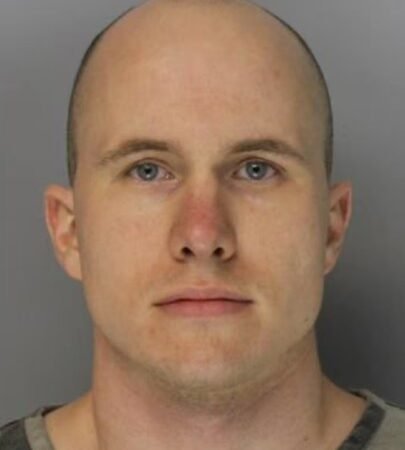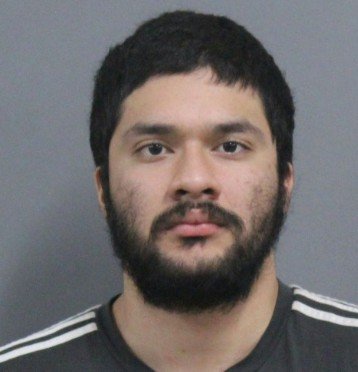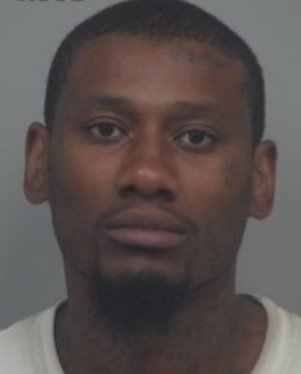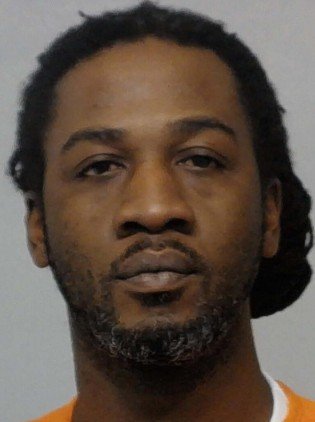Georgia Court Upholds Convictions Despite Claims of Ineffective Counsel in Murder Case
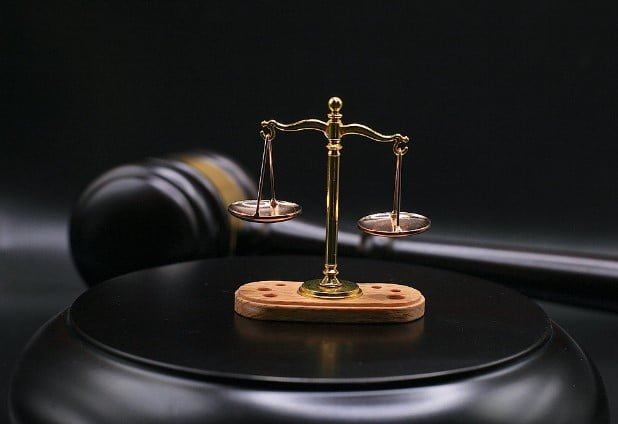
Prentice Baker and Verlaine Laguerre have had their convictions for malice murder and possession of a firearm during the commission of a felony upheld by the Georgia Supreme Court. The convictions stem from the shooting death of Hardeman, which occurred after a fistfight between Hardeman and Laguerre earlier in the day.
The evidence presented at trial showed that after Hardeman and Laguerre’s fight, in which Hardeman was deemed the victor, Laguerre left the scene. Later that day, Laguerre returned with Baker and others to Hardeman’s neighborhood, where they confronted Hardeman again. The two men shot Hardeman multiple times, resulting in his death. Witness Wimbly, who had observed both the earlier fight and the shooting, testified to these events.
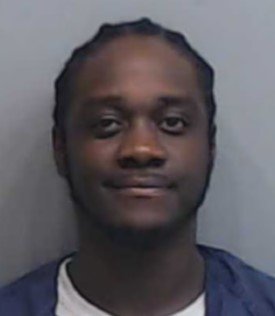
Laguerre, in his appeal, argued that his trial counsel had been ineffective for failing to object, seek a mistrial, or request a curative instruction in response to several statements made by Wimbly during his testimony. Wimbly testified about his fear of the defendants, stating that he had altered his appearance after the incident and feared for his safety because Baker and Laguerre were out on bond. On cross-examination, Wimbly claimed that if Laguerre had a gun, he would shoot Wimbly to prevent him from testifying.
At a hearing on Laguerre’s motion for a new trial, trial counsel explained that the defense strategy focused on the identity of the shooter, claiming Laguerre was not involved in either the fight or the murder. Counsel acknowledged that Wimbly had acted irrationally during the trial, making several statements about his safety, but did not object to these remarks. Counsel explained that instead, she used cross-examination to challenge Wimbly’s testimony, questioning him about whether Laguerre regularly encountered him on MARTA, attempting to undermine Wimbly’s claim that Laguerre posed a future threat.
The Court examined whether trial counsel’s decision not to object to Wimbly’s statements amounted to ineffective assistance under the Strickland standard, which requires showing both deficient performance and prejudice. While Laguerre’s counsel did not object to Wimbly’s statements, the Court found that this approach was consistent with the defense strategy. By questioning Wimbly about his encounters with Laguerre, the defense sought to cast doubt on Wimbly’s identification of Laguerre as the perpetrator, furthering the argument that Laguerre was not involved in the crime.
The Court concluded that the decision not to object was not unreasonable under the circumstances, and without a showing of deficient performance, Laguerre’s claim of ineffective assistance of counsel failed. As a result, the convictions of Baker and Laguerre were upheld.

